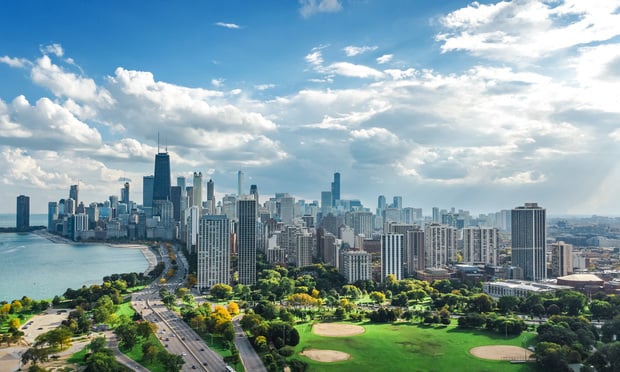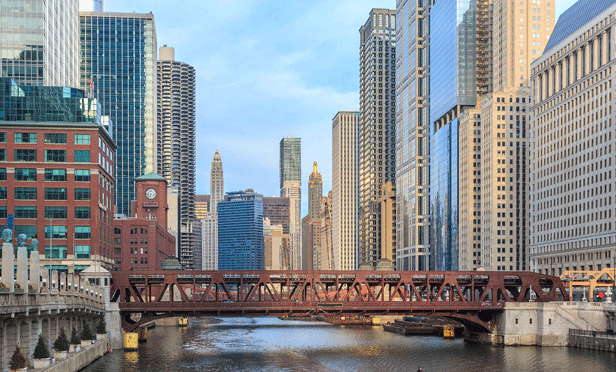CHICAGO—Many affluent suburbs attract new residents due to the charm of their upscale retail districts. Giant suburban malls have lost some of their appeal, and increasingly shoppers look for the type of smaller-scale outlets and walkable downtowns provided by towns like suburban Lake Forest and Oak Park. Still, the rise of e-commerce threatens many of these spaces as more consumers opt for the convenience of the internet. But the Urban Land Institute has decided to offer assistance to towns that have begun struggling with these challenges.
For example, although Chicago's North Shore suburb of Winnetka, which has a median family income of $208,000, about quadruple the US median, should be a retailer's dream, many municipal officials and business people feel the town has too many obstacles to building a retail environment healthy enough to meet challenges like the rise of e-commerce.
Village officials asked ULI to conduct a series of Technical Assistance Panels this year to address the issues. ULI uses TAPs to bring together experts to make recommendations for local officials on challenging land use issues. The institute brought together two separate panels, one in late February, and the other in late June, and recently published a subsequent report on how to reinvigorate Winnetka's Indian Hill, East/West Elm, and Hubbard Woods retail districts and, second, to recommend a longer-term strategy.
The village retail districts have a lot of fine attributes. Chain-stores are rare, and shoppers browse through independently-owned boutiques, restaurants and other retail outlets on tree-lined streets with a small-town feel.
Still, even retailers in this seemingly favorable environment have to worry about revenue leakage to the growing world of e-commerce. The ULI report quotes a Motorola Solutions white paper that says modern retailers need to “enhance their shoppers' experience, knowing that at the same time customers have options to shop wherever and whenever they want, often without stepping inside a store. Retailers … need to provide a compelling and personalized way to rekindle the special bond between the shopper and their brand.”
However, according to the ULI report, Winnetka has zoning restrictions and regulations that deter development, and an opaque process to get licenses and permits. “The Village is not known for an “open for business” attitude,” the report notes. For example, “over 75% of the residents in the shopper survey wanted more pubs, but the current restrictions on liquor sales prevents pubs from locating here.”
John Bucksbaum, CEO of Bucksbaum Retail Properties, LLC, chaired the first panel of real estate and retail experts, which conducted interviews with residents and retailers over a two-day period, and combined what they heard with a shopper survey of about 500 residents. The panel recommended the following:
- Adopt a streamlined and transparent permitting and approval process for new business, and create one point of contact to guide business owners through the process.
- Eliminate burdensome code requirements such as liquor licensing, restrictions on outdoor seating, and zoning overlay that prevents service businesses at street level.
- Increase marketing and outreach for community activities and events to draw people to shopping districts.
- Institute streetscape improvements through matching grants and other means, including sidewalks and façade improvements.
- Assess the parking needs and repurpose existing parking to better serve retail needs.
Continue Reading for Free
Register and gain access to:
- Breaking commercial real estate news and analysis, on-site and via our newsletters and custom alerts
- Educational webcasts, white papers, and ebooks from industry thought leaders
- Critical coverage of the property casualty insurance and financial advisory markets on our other ALM sites, PropertyCasualty360 and ThinkAdvisor
Already have an account? Sign In Now
© 2024 ALM Global, LLC, All Rights Reserved. Request academic re-use from www.copyright.com. All other uses, submit a request to [email protected]. For more information visit Asset & Logo Licensing.








